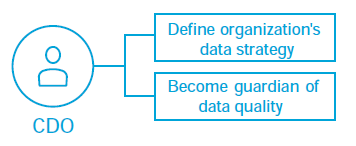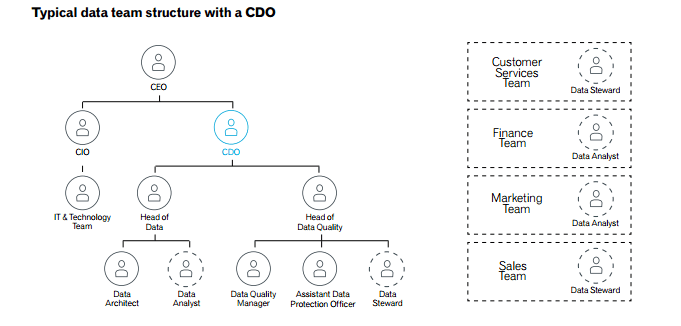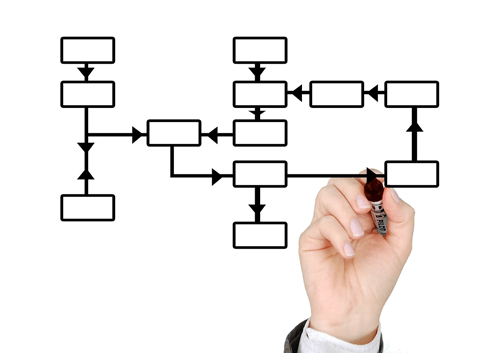- Products

Enjoy a free 30-day trial of our
data validation software.Experience the power of trusted data
solutions today, no credit card required! - Solutions

Enjoy a free 30-day trial of our
data validation software.Experience the power of trusted data
solutions today, no credit card required! - Partners

Enjoy a free 30-day trial of our
data validation software.Experience the power of trusted data
solutions today, no credit card required! - Learn more
- Pricing
- Contact Us
Building a data quality team

When your organization decides to start leveraging its data as an asset, the first thing you should do is build a data quality team. This team of people will be responsible for the quality of the data and the support of data quality activities and initiatives company-wide.
A lot of people traditionally think of data quality as a technical person’s concern. In reality, business users have a major part to play on the data quality team. We have seen many organizations start to understand the need for centralized data ownership with the rise of the Chief Data Officer (CDO). One of the first things that should be on a new CDOs agenda is building out a team of individuals that can help elevate data management and data quality on the corporate agenda.

A typical data quality team includes the following roles:
- Data owners are the people in the organization that are ultimately held accountable for maintaining the quality of a defined set of data. These team members are likely in a more senior position and are very closely aligned to the business.
- Data stewards are responsible for the management of the data elements – both the data itself and the metadata. Data stewards typically help operations team members ensure they follow rules, guidelines and standards when entering data into a system.
- Data consumers are those who will be using the data regularly. These employees are responsible for defining what standards data must be held to in order for it to be useful. They are also the first line of defense in identifying and reporting data issues to the team.
- Data producers work closely with the data consumers described above. Data producers are those in the organization that are actually capturing data, so they must ensure they are strictly adhering to the data consumer’s requirements.
- Data analysts focus on translating the data into actionable business insights. Oftentimes these people will use modeling or reporting tools to summarize data so key stakeholders can make business decisions.
- Data custodians are team members that bridge the gap between the data team and the IT team. They are responsible for maintaining the data on the different IT systems used in your organization. They are also tasked with holding the data to the requirements that were set by the business.

As a whole, these roles are responsible for supporting your organization’s data quality initiatives and activities.
There is no one-size-fits-all approach to building a data quality team, so explore what will work best for your organization’s culture and needs. Building a strong team that is integrated into the business is the first step in rolling out a broader data governance strategy, which includes people, processes, and technologies that will help your organization proactively manage its data quality.
Any successful data governance strategy or data mgiration starts with understanding the health of your data. Get a free data quality assessment from our team to see how accurate your database is.



